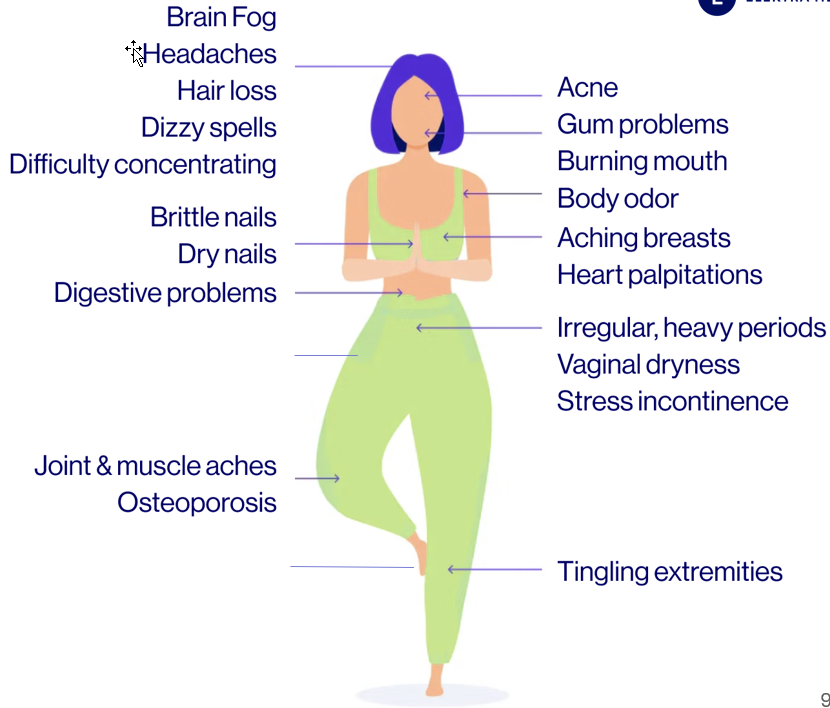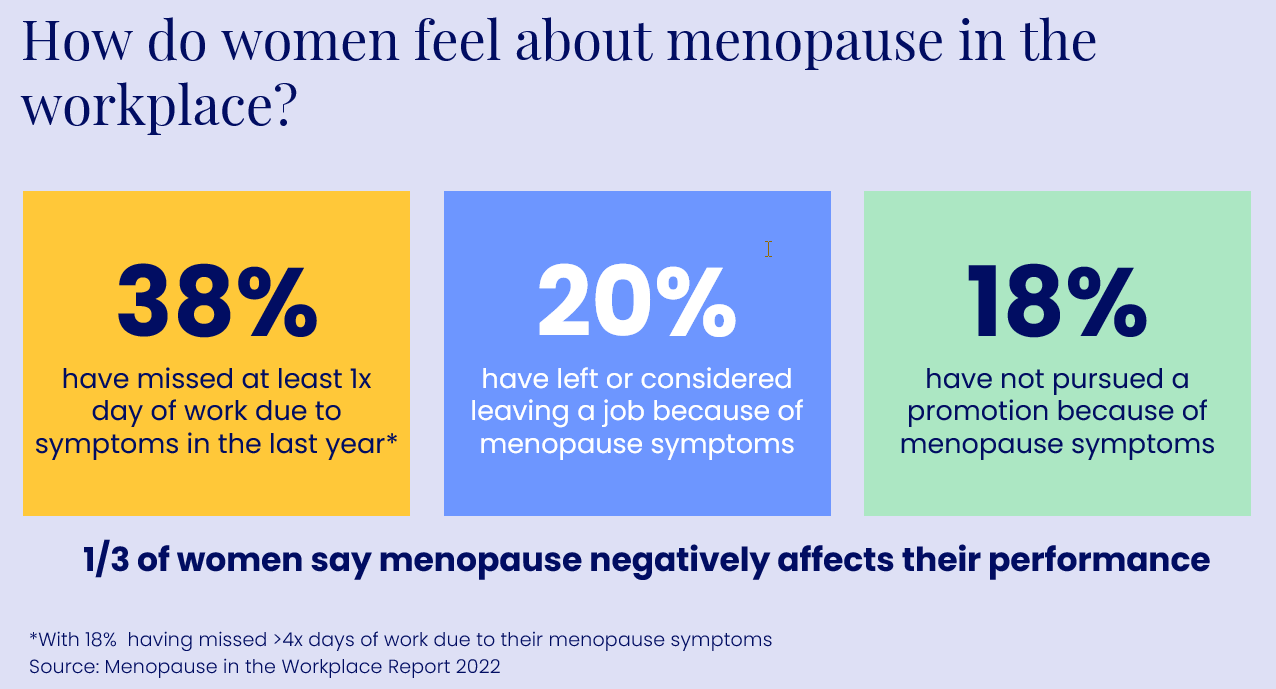What you should know about menopause
Mass General Brigham Health Plan had the honor of hosting a webinar with Elektra Health: a female-founded company whose core mission is to smash the menopause taboo. The discussion was led by Jackie Gianelli, FNP, a member of Elektra Health’s founding clinical team. Jackie is a board-certified family nurse practitioner specializing in menopause, urogynecology & women’s sexual health. Jackie is also a certified menopause practitioner by the North American Menopause Society. Continue reading to learn more.
Menopause is a natural progression that happens to women as they age — but it wasn't always part of public discussions around health and wellness. Today, the conversation around menopause has moved to the forefront, thanks to organizations like Elektra Health. Elektra Health pairs research-backed expertise and personalized coaching with peer support to help women thrive during perimenopause, menopause, and beyond. Mass General Brigham Health Plan is proud to partner with Elektra Health as one of the only health plans in the nation to offer menopause support to eligible members.
“I know this can feel overwhelming and look overwhelming and that's something that I think we need to change in terms of understanding that there is so much that can be done,” said Jacqueline Giannelli RN, MSN, FNP-BC, NCMP, founding nurse practitioner at Elektra Health.
75% percent of women are going to experience the classic symptoms of menopause: hot flashes, night sweats, mood disturbance, and sleep issues. There are three core hormones that play roles in the menopause transition: estrogen, progesterone, and testosterone, all made by our ovaries and adrenal glands.
Those hormones are at their highest by 25. Once we get close to a final menstrual period, hormone levels start to drop. Progesterone begins to dip in your 30’s, and the symptoms are not always recognized as part of menopause or perimenopause: PMS, difficult sleeping patterns, anxiety and worsening depression. By the age of 51, estrogen starts to fall and is the main contributor of many of the classic symptoms of menopause such as the ones mentioned above along with weight gain, joint pain, and vaginal symptoms.

How to relieve symptoms of menopause?
The Menopause Society states that hormone therapy for many women is safe and effective if it's used within 10 years of the final period and under the age of 60.
Maintaining a healthy lifestyle with a balanced diet, plenty of water, and exercise can help ease symptoms. Vetted supplements such as omega-3 fatty acids, vitamin D, CoQ10, and magnesium can also help with general symptoms while ashwagandha and melatonin can help you get a good night sleep. It's important to alert your general practitioner or OBGYN of any supplements you are taking or plan to take.

Additional resources
- For more information about how to get started with Elektra, please email members@elektrahealth.com.
- If you are a current Mass General Brigham Health Plan member, you may be eligible for an annual membership to Elektra Health. Click here to sign up!
- Feel free to download Elektra's 21st Century Guide to Menopause for additional information.
- Watch the recorded workshop and feel free to share with your friends and family!
More wellness tools and tips
If you're interested in more wellness-related resources, check out the recordings of our past virtual workshops on our Community Support Series playlist. You can also visit our blog for posts about healthy living, how to use your health plan, and more!
